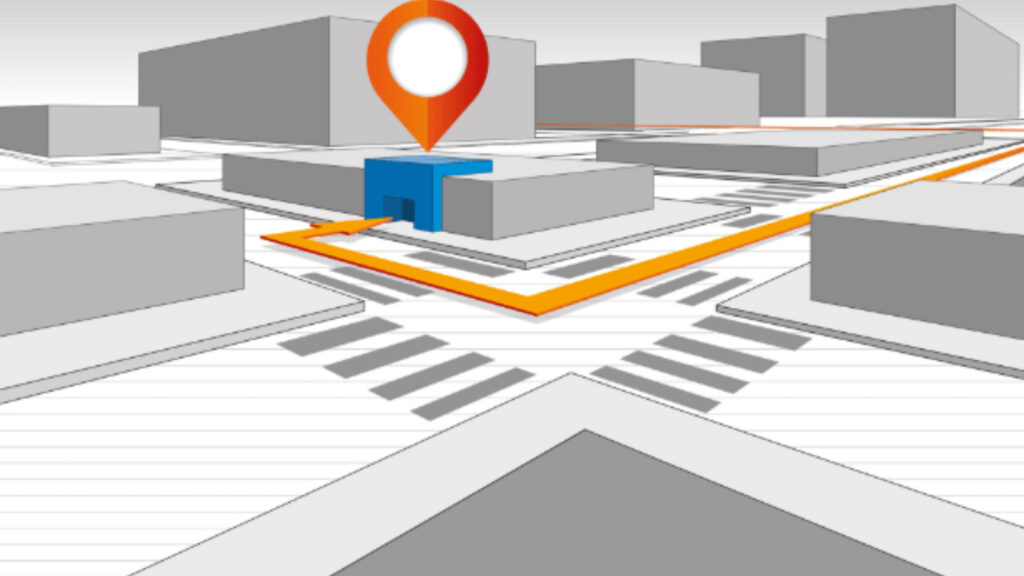Local, Regional and Central Government
Open data practices and technology play an important role in facilitating and supporting the dynamic growth and change within cities
Open data practices refer to the sharing and accessibility of data collected by governments and other agencies. Internet of Things (IoT), AI, and big data analytics, have revolutionized the way cities operate and respond to the needs of their residents.
The increasing urbanization trend, with more than half of the global population living in cities and the projected rise to 68% by 2050, presents numerous challenges for governments and city planners.
These challenges include ensuring adequate housing for a growing population, developing efficient transportation systems to reduce congestion and pollution, providing essential services like healthcare and education, creating employment opportunities, and maintaining and expanding infrastructure to support the needs of a dynamic urban environment.
Connected data plays a crucial role. Leveraging open data practices, cities can collect and analyse information from sources such as sensors, mobile devices, and social media – connected data provides insights into patterns, preferences, and behaviours.













